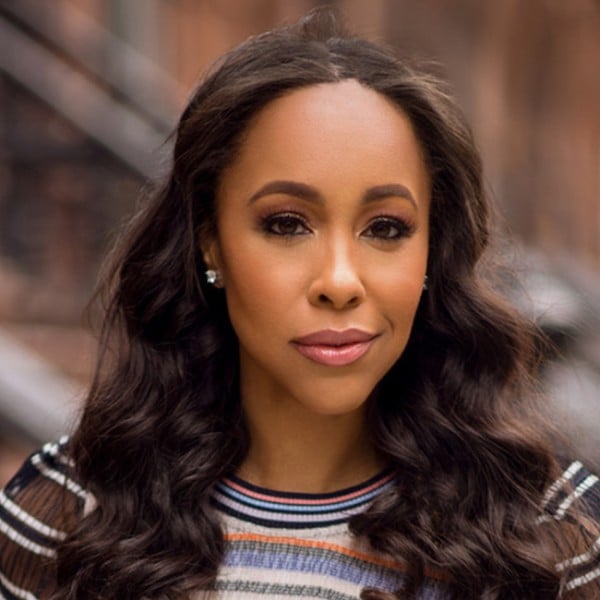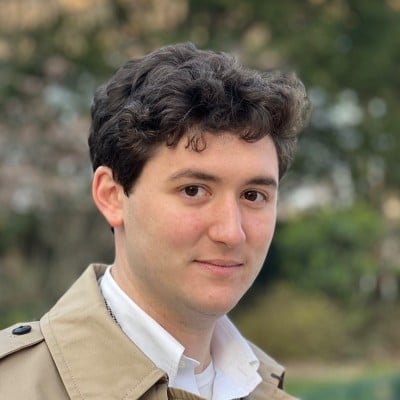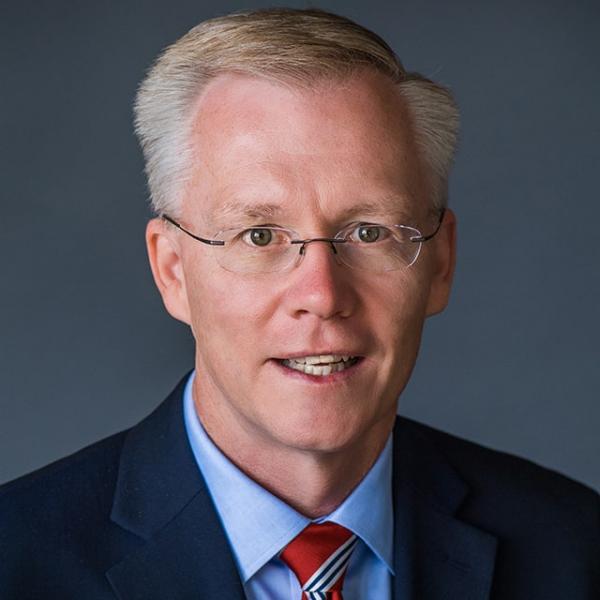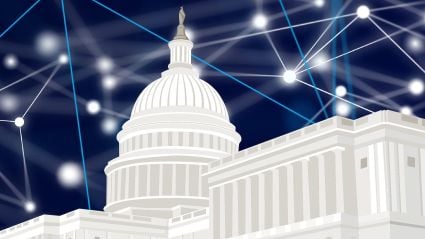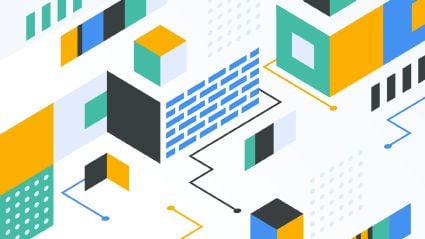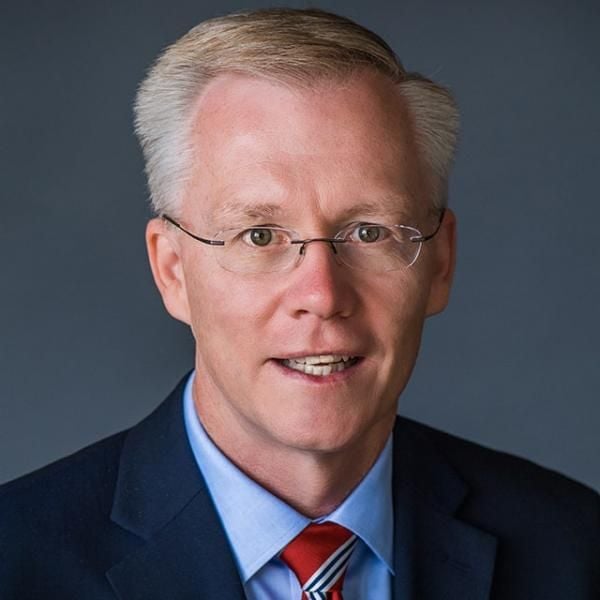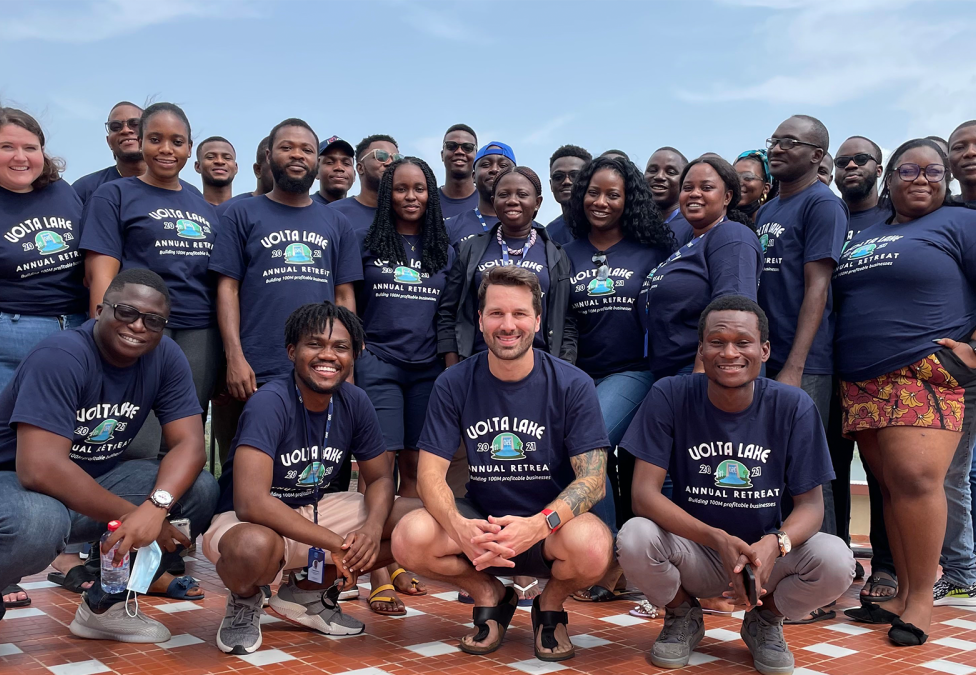
Tell us about you and your team.
The story of Oze starts in the Peace Corps. I, Meghan McCormick, served as a community economic development advisor in Guinea, while my cofounder served in Benin. We saw firsthand how these business owners had to navigate complex environments, make do with limited infrastructure, and have virtually no access to capital. Through these experiences, we built an understanding of the challenges small businesses face in West Africa and a deep personal connection with those affected. We then built a fantastic pan-African team of developers, designers, data scientists, and more to tackle the problem and create solutions at scale.
What inspired you to participate in the Milken-Motsepe Prize in FinTech? In addition to competing for the $1 million grand prize, what do you hope to achieve through this experience?
Africa has a USD 331b small business credit gap. A challenge as entrenched and multifaceted as this one will take a coalition of teams steadily increasing access for different segments in different ways. The Milken-Motsepe Prize is this coalition. We can test our ideas with other entrepreneurs who understand the problem deeply and collaborate on solutions that will allow us to make a broader impact. With the prize money, we'll be able to build up our world-class data science team, create channels to bring new alternative data sets into our algorithms to develop more inclusive lending products, and invest alongside our bank partners to make Oze available in 15 countries by the end of 2025.
How will your solution expand access to financial services in emerging and frontier markets, particularly for underserved communities?
Oze enables banks to lend to small businesses digitally. The small business credit gap is driven by antiquated origination processes at banks, an inability to assess risk, and a lack of formalized digital management tools and processes used by small business owners. Oze provides banks with an end-to-end digital origination system that allows any bank to start lending to small businesses.
The Oze business app makes our solution even more inclusive. It supports the professionalization and digitization of financial data and business processes for micro, small, and medium enterprises (MSMEs). With the app, small and medium-sized enterprises (SMEs) can keep records, track inventory, send invoices and receipts, manage credit, and sell online. The app also generates powerful behavioral data. These data are fed into our machine learning model to predict credit risk, making it possible for banks to lend to formerly excluded MSMEs.
When MSMEs, who use the Oze app regularly apply for a loan, they are, on average, approved for twice as much capital as businesses not on the app. For medium enterprises, this might not make much of a difference. Still, for microenterprises, this doubling could be the difference between being eligible for an amount above the threshold or not having access to credit. It can bring MSMEs from informal credit systems with usurious interest rates (one business we work with was borrowing informally at 20 percent interest per month) to borrowing just above the inter-bank rate at 2-3 percent per month. By digitizing these informal businesses and giving them analytics and information, we can account for the true level of their business performance, provide them with access to capital, and help them put that capital to productive use.
How does your team and solution stand out from the other finalists in this competition? What unique qualities or approaches set it apart, and what distinctive impact do you aim to achieve through your solution?
Oze takes a systems approach to closing the small business credit gap, loosening demand-side and supply-side constraints to make credit available to businesses at lower costs. We also provide technology and data science services to financial institutions that have historically been unable to lend to MSMEs despite having the balance sheet and mandate to do so. This makes us different from other FinTechs working in the MSME lending space.
Our vision is to build 100 million profitable small businesses across Africa. To do that, we need to provide them with intuitive management tools and unlock billions of dollars of affordable capital. A systems approach brings unique challenges and costs, but ultimately, it is required to keep costs low for businesses and reach the enormous scale needed to solve this problem. We have reached 250,000 businesses to date, but with our partner financial institutions and the support of initiatives like the Milken-Motsepe Prize, we believe we’ll achieve this goal within the decade.


